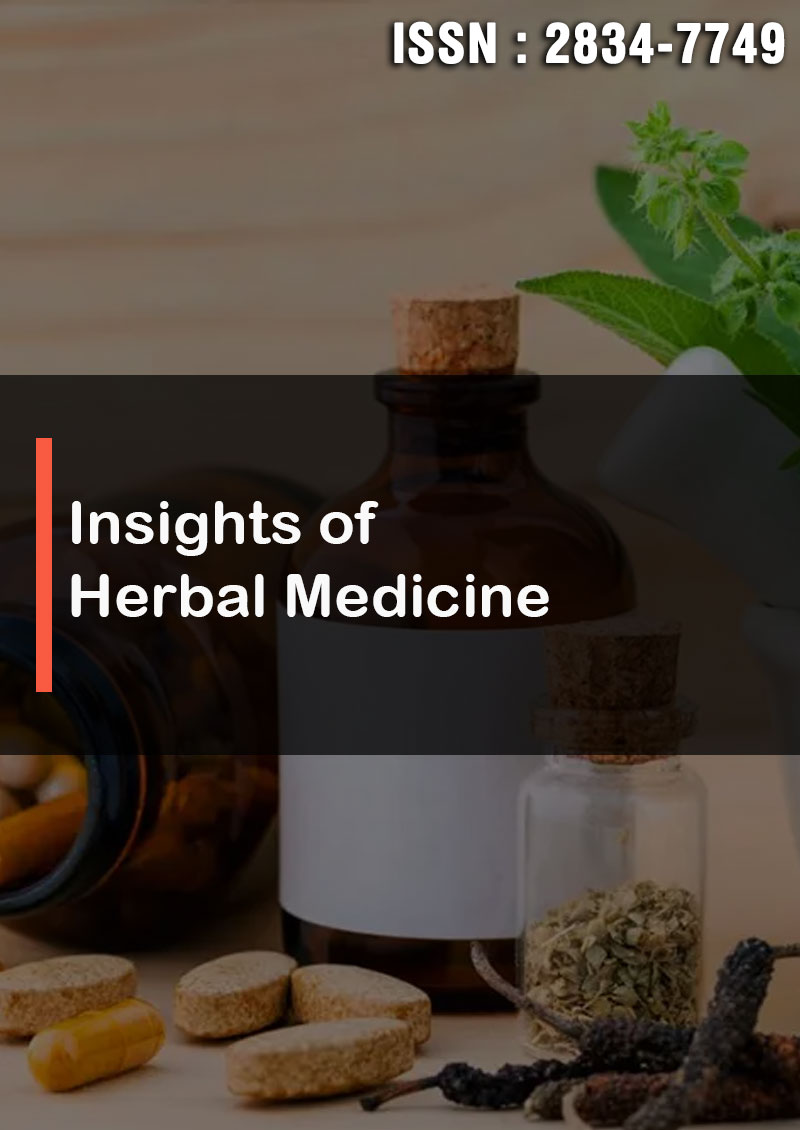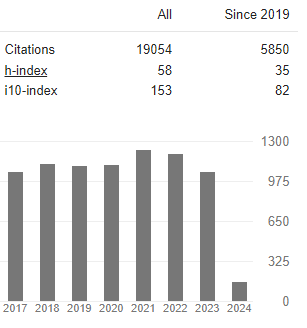Toxicology: Its Basic Instinct & Application In Forensic Field
Abstract
Sampa Dhabal, Kushal Nandi, Dhrubo Jyoti Sen and Dhananjoy Saha
Toxicology is a scientific discipline, overlapping with biology, chemistry, pharmacology, and medicine that involves the study of the adverse effects of chemical substances on living organisms and the practice of diagnosing and treating exposures to toxins and toxicants. The relationship between dose and its effects on the exposed organism is of high significance in toxicology. Factors that influence chemical toxicity include the dosage, duration of exposure (whether it is acute or chronic), route of exposure, species, age, sex, and environment. Toxicologists are experts on poisons and poisoning. There is a movement for evidence-based toxicology as part of the larger movement towards evidence-based practices. Toxicology is currently contributing to the field of cancer research, since some toxins can be used as drugs for killing tumor cells. One prime example of this is ribosome-inactivating proteins, tested in the treatment of leukemia. Forensic toxicology is the use of toxicology and disciplines such as analytical chemistry, pharmacology and clinical chemistry to aid medical or legal investigation of death, poisoning, and drug use. The primary concern for forensic toxicology is not the legal outcome of the toxicological investigation or the technology utilized, but rather the obtainment and interpretation of results. A toxicological analysis can be done to various kinds of samples. A forensic toxicologist must consider the context of an investigation, in particular any physical symptoms recorded, and any evidence collected at a crime scene that may narrow the search, such as pill bottles, powders, trace residue, and any available chemicals. Provided with this information and samples with which to work, the forensic toxicologist must determine which toxic substances are present, in what concentrations, and the probable effect of those chemicals on the person





